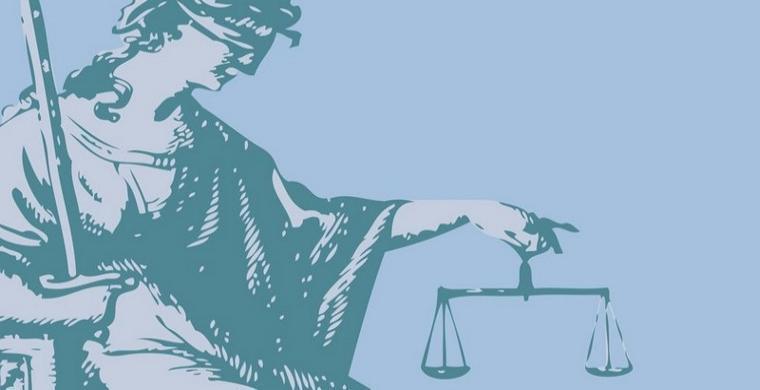ST. GEORGE, SC: Episcopal Church has no specific law against breakaway dioceses, says TEC Bishop
By Jennifer Berry Hawes
http://www.postandcourier.com/article/20140718/PC16/140719312?ref=email
July 18, 2014
A past president of southeastern Episcopal bishops testified Friday in an ongoing civil trial that he wasn't aware of church law that says an individual diocese cannot leave the national Episcopal Church.
The statement drew excitement from local parishes who left The Episcopal Church in 2012 and then sued it to retain more than $500 million in church property along with the names and marks of the local diocese.
Led by Bishop Mark Lawrence, the breakaway group contends the formally called Protestant Episcopal Diocese in South Carolina existed before the national church and has the right to leave and remain an independent body as it chooses.
However, The Episcopal Church's General Convention is the authority over church governance and could overrule any variety of actions at odds with its constitution, canons and doctrine. That includes a diocese trying to leave without its consent, said the Rt. Rev. Clifton Daniel III, past president of bishops for the national church's Province IV, which spans the southeast.
"We're not free to be rebels," Daniel said.
On the other hand, local changes that adhere to national church law don't require General Convention approval.
"As long as (a diocese's) constitution subscribes to and accedes to The Episcopal Church, there is no reason to take it to them," said Daniel, now provisional bishop of Pennsylvania.
The question of a diocese's autonomy is central to the dispute.
Lawrence's group contends that the local diocese existed before The Episcopal Church, the American province of the global Anglican Communion. Therefore, it has the right to leave and again be independent.
However, The Episcopal Church and its continuing local parishes contend that a diocese is a subordinate geographic unit of the larger church body. While people can leave the church at will, the entire diocese cannot.
Daniel described the church's governance structure, from dioceses to regional provinces to the national church's top governing body, the General Convention.
The General Convention is a bicameral body of bishops and lay and clergy representatives. It has the authority to amend the church's constitution and canons, adopt its budget, authorize liturgical texts and amend the Book of Common Prayer, among other powers.
In court, both sides examined nuances in church governance such as how lay delegates and clergy cast votes in the General Convention. For instance, while each person votes, their votes at times are counted as a block by diocese and other times individually as part of the larger nationwide groups of either clergy or laity.
In a civil courtroom filled with attorneys, Circuit Judge Diane Goodstein has been presiding over the non-jury trial for nearly two weeks. Testimony resumes Monday.
Lawrence and most parishes in the Diocese of South Carolina, which spans the coastal half of the state, left the national church in 2012 after disputes over theology and administrative powers.
They filed suit in January 2013. Shortly after, Goodstein issued a restraining order that has since allowed them to continue using the diocese's property and identity.
Until the issue is resolved, those who remain with the national church are calling themselves The Episcopal Church in South Carolina. They are led by Bishop Charles vonRosenberg.
END














